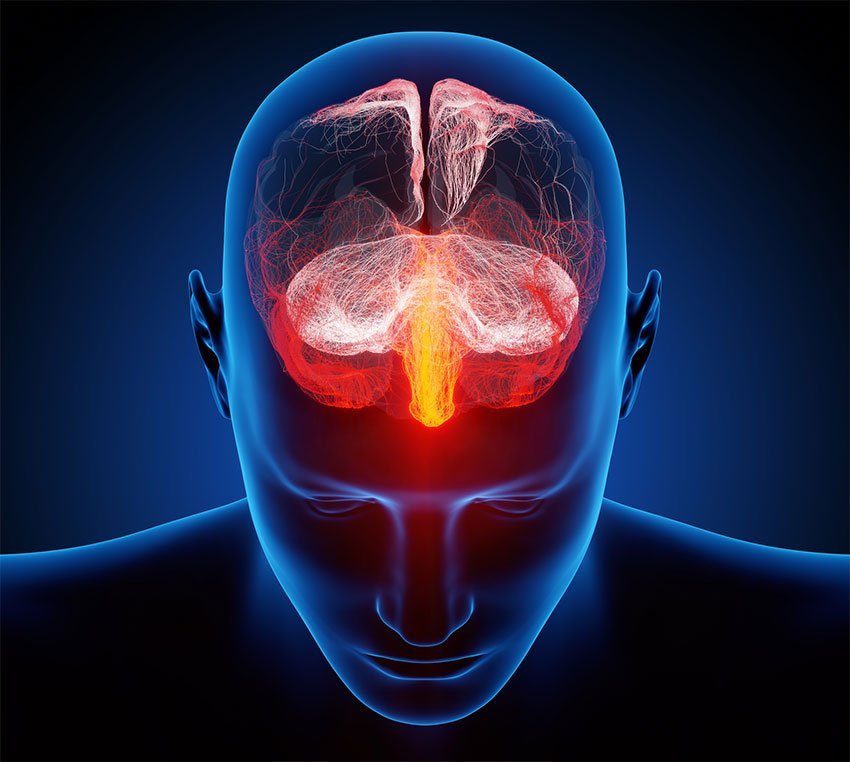If fish experience pain like humans or not has always been a controversial topic of debate. However, a paper has been recently published by a team that includes members from the University of Texas, Arlington, the U.S.A which shed some light on this topic again.
The paper which was published in Philosophical Psychology journal suggests that even if fish don’t have a certain domain in their brain typically responsible for processing unpleasantness of pain but this fact isn’t sufficient to prove that fish don’t feel pain at all. The fact that fish doesn’t have sufficient nerve fiber density and lack cerebral cortex (in humans) or a similar system that detects secondary stimuli forms the base of the argument that fish don’t feel pain.
This idea is a subset of argument which goes back to the 17th century and which states that, unlike humans, animals don’t feel pain as they lack consciousness. This statement was given by René Descartes, a French philosopher. Later in 1975, Peter Singer, an Australian bioethicist who is also the author of Animal liberation proposed that lack of consciousness is certainly not the main reason and strong proof for the conclusion that animals don’t feel pain. We can’t assume that animals don’t feel pain just because they have smaller brains or are less conscious than humans.
Researchers lacked assurance till the late 1980s if animals feel pain or not. Veterinarians in the U.S.A before 1989 were even taught to ignore animal pain.

Pain and Its Types:
Pain is an agonizing feeling that tells you that something incorrect is going on. Pain can be of several types but here we will discuss two of them.
- Emotional pain- Also known as psychological pain, it can be defined as pain experienced at a mental level and not because of any physical trauma. Example: Loss of a loved one. The part of the brain associated with this phenomenon in the human brain is called the neocortex. It was earlier assumed that only humans and primates can experience emotional pain as they are the only animals with the neocortex but it was later found in researches that dogs, monkeys, birds, and cats are capable of showing signs of emotional pain too.
- Physical pain- This type of pain is related to physical stimuli. It is connected with the damage of tissues and can be further classified as burning, aching, throbbing, etc.
Research and Conclusion:
In 20th and 21st centuries, several scientific investigations were carried out among different types of animals and the resulting information was published in journals and papers. The Journal of Small Animal Practice published an article in 2014 which stated “The ability to experience pain is universally shared by all mammals.” In 2014, it was accepted that birds also perceive and respond to harmful stimuli. In 2015, a journal named Pain reported that many mammalian species like rats, rabbits, horses, etc. acquire a facial expression as a response to a painful stimulus similar to the expression of pain in human beings.
Veterinary articles have also claimed that both amphibians and reptiles experience pain in a way similar to humans.
“While our study cannot prove that fish feel pain, we can assert that arguments relying on a lack of certain brain structures to deny pain in fish look increasingly untenable,” said Kenneth Williford, a professor of philosophy at the University of Texas at Arlington.

1 Comment
Pingback: Bearded Dragon embryos can change their Sex Depending upon the Temperature - Craffic